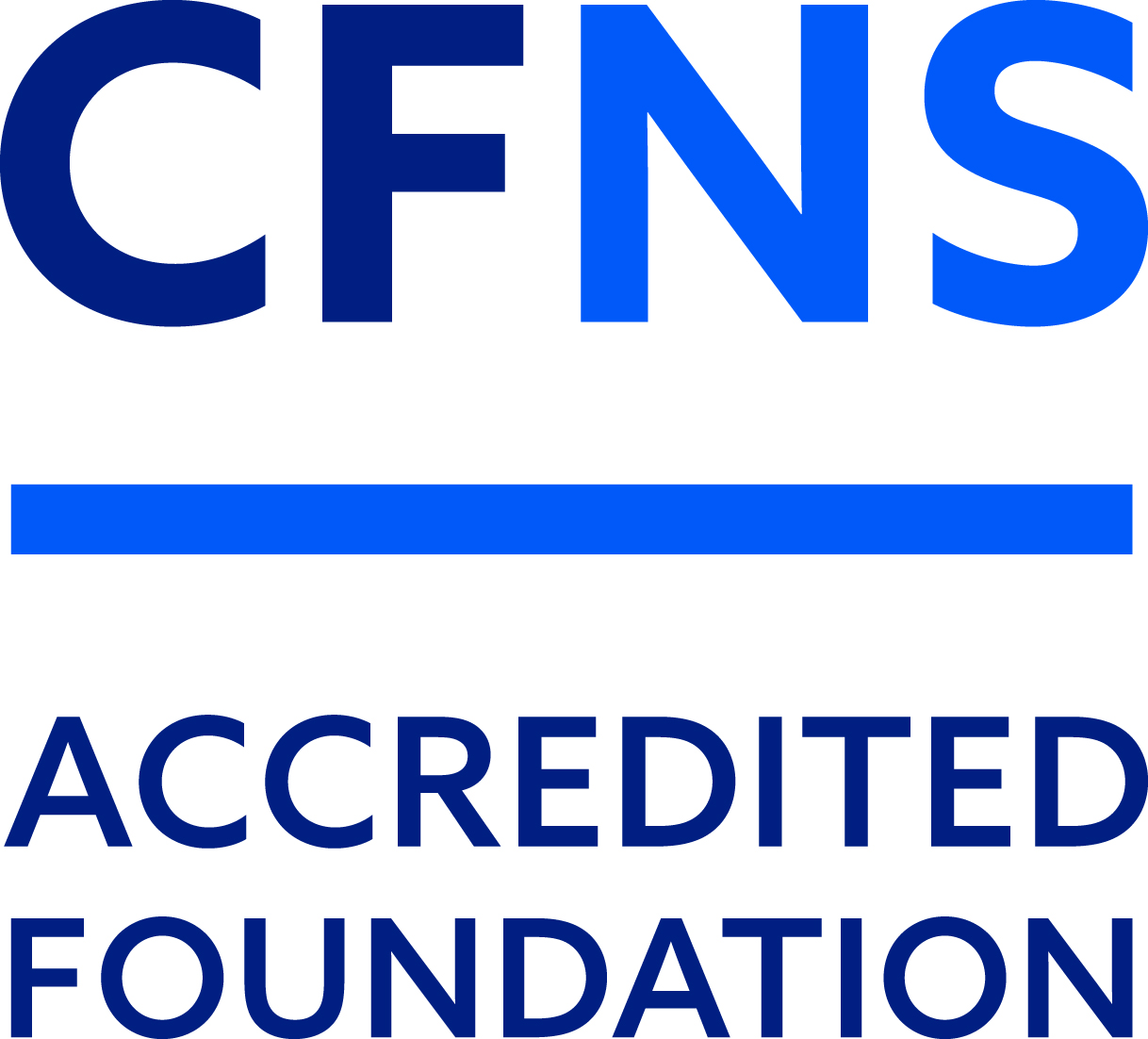A Plan to Give at the End of the Year
As the year draws to an end, many people are consumed with holiday plans and shopping. You might want to include a plan for charitable giving.
Gifts to the Richland County Foundation present charitable and tax-related opportunities and can be applied in a variety of ways. Donations can be made to endowment funds that provide a lasting resource for current and future charitable giving in our community. Our endowment funds serve a broad range of charitable purposes including health and human services, education, children and families, community development, economic development, arts and culture, and environment.
Donor advised funds are preferred by many because the donor can recommend grant distributions to qualified charitable organizations subject to the approval of the Board of Trustees. This type of fund, as well as all other funds, benefits from the investment returns of our professionally managed portfolio.
A choice for gift and estate planning is a charitable gift annuity. The purchase of a charitable gift annuity guarantees fixed payments for the life, or joint lives, of the donor. Upon the death of the last annuitant, the Foundation receives the remainder of the funds. The annuity purchase qualifies as a tax-deductible charitable gift at the date of purchase based on an accepted formula.
An IRA transfer is another option for individuals aged 70 ½ and older. They can transfer up to $100,000 annually from an Individual Retirement Account (IRA) to charity without being federally taxed. Millions of Americans continue to save pre-tax dollars in their IRAs. The law allows older taxpayers to share their wealth by giving retirement savings directly to charity—and bypassing income tax. (Source: http://www.ici.org/research/stats/retirement/)
“This will help donors who would rather give to charity than pay taxes and the nonprofit organizations they choose to support,” said Brady Groves, Richland County Foundation president.
Estate planning involving the Foundation has, over the years, served an important role in providing for a lasting legacy for many donors and their families through the establishment of named endowment funds on their behalf. Charitable bequests, charitable remainder trusts, charitable lead trusts, and gifts from retirement plans and life insurance policies are just some of the options available.
Any gift to the Foundation is considered an irrevocable and tax-deductible gift at the time the gift is made. Other than cash, the value of the gift is measured according to its fair market value. For gifts of securities, fair market value is determined by the stock market exchange price on the day of the gift. For gifts of real estate, artwork, and other collectibles, an appraisal establishes the value of the gift.
Additional tax savings exist for gifts held for more than one year of appreciated securities and real estate held for investment, otherwise known as capital assets. Appreciated gifts of this type generally allow the donor to avoid tax on the capital gain portion that would normally apply if the property were sold, while realizing a charitable deduction for the full market price.
Appreciated gifts of capital assets held for less than one year are limited to their cost basis.
Gifts of artwork and other collectibles are subject to limitations on their deductibility due to the IRS rules of unrelated use. Generally, the tax deduction for gifts of artwork and collectibles to the Foundation is the lesser of the cost or fair market value.
Your charitable giving decisions and goals should be reviewed with a professional advisor prior to the donation for consideration of maximizing tax savings and complying with IRS rules and regulations. Proper planning may result in significant tax savings.


